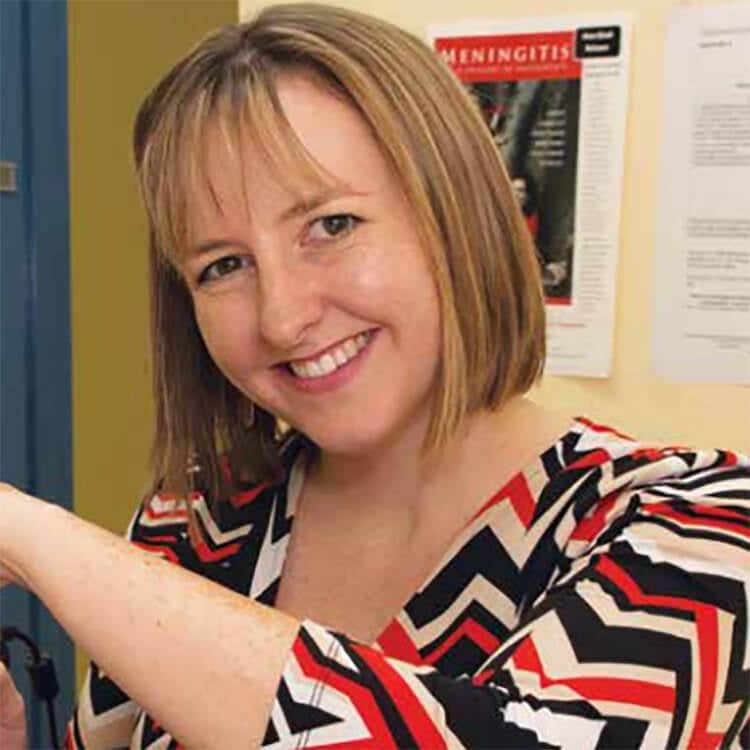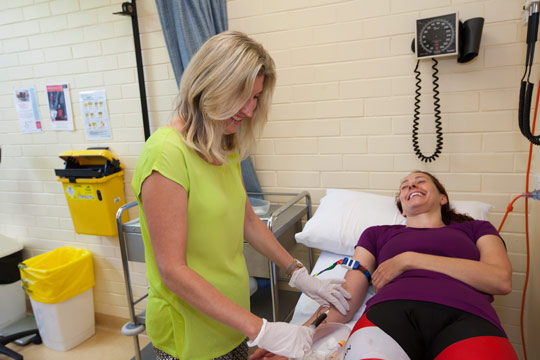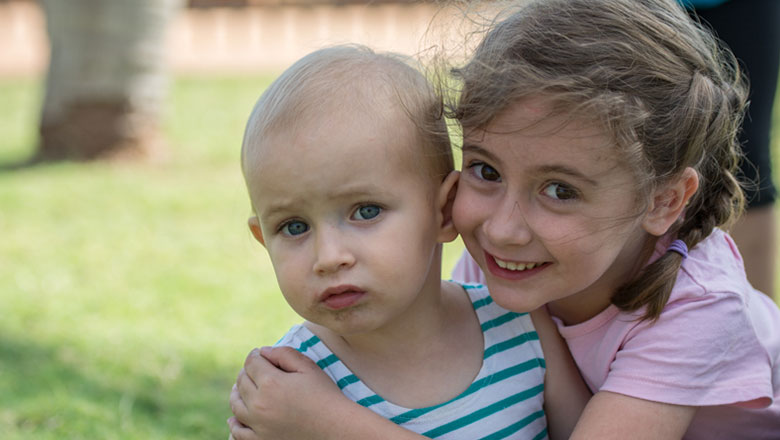Search


News & Events
Deborah Lehmann Research Award OpportunityThe Deborah Lehmann Research Award in Paediatric Infectious Disease Research is a funding mechanism to support the training and development of early- to mid-career researchers (EMCR) or Higher Degree by Research (HDR) students who are nationals from the Pacific Region working in or outside their hom

News & Events
Meningococcal research paves way for vaccine useA series of The Kids Research Institute Australia studies looking at safety for Meningococcal ACWY vaccines in children has led the way for its use in Australia.


News & Events
Community Conversation- Infectious Diseases in ChildrenConsumers and community members are invited to join us to provide input into our childhood infectious diseases research.

News & Events
Vaccination timing essentialWe all know how important it is to vaccinate a child against harmful diseases but vaccinating a child at the right wrong age can cost lives.
News & Events
Experts gather for Aboriginal Immunisation WorkshopExperts in Aboriginal infectious disease research are in Perth this week for the National Indigenous Immunisation Research Workshop (November 7-8).
News & Events
New vaccine could protect against more types of cancer-causing HPVTrial of new vaccine that could provide women with additional protection against Human Papillomavirus (HPV) types known to cause cervical cancer.

News & Events
Perth women needed for international cervical cancer studyPerth women are being invited to take part in a global study of an exciting new vaccine that could protect against cervical cancer
Research
Th2-polarisation of cellular immune memory to neonatal pertussis vaccinationCurrent infant vaccination against pertussis in North America and Australia requires three doses of vaccines including diphtheria, tetanus and acellular...
